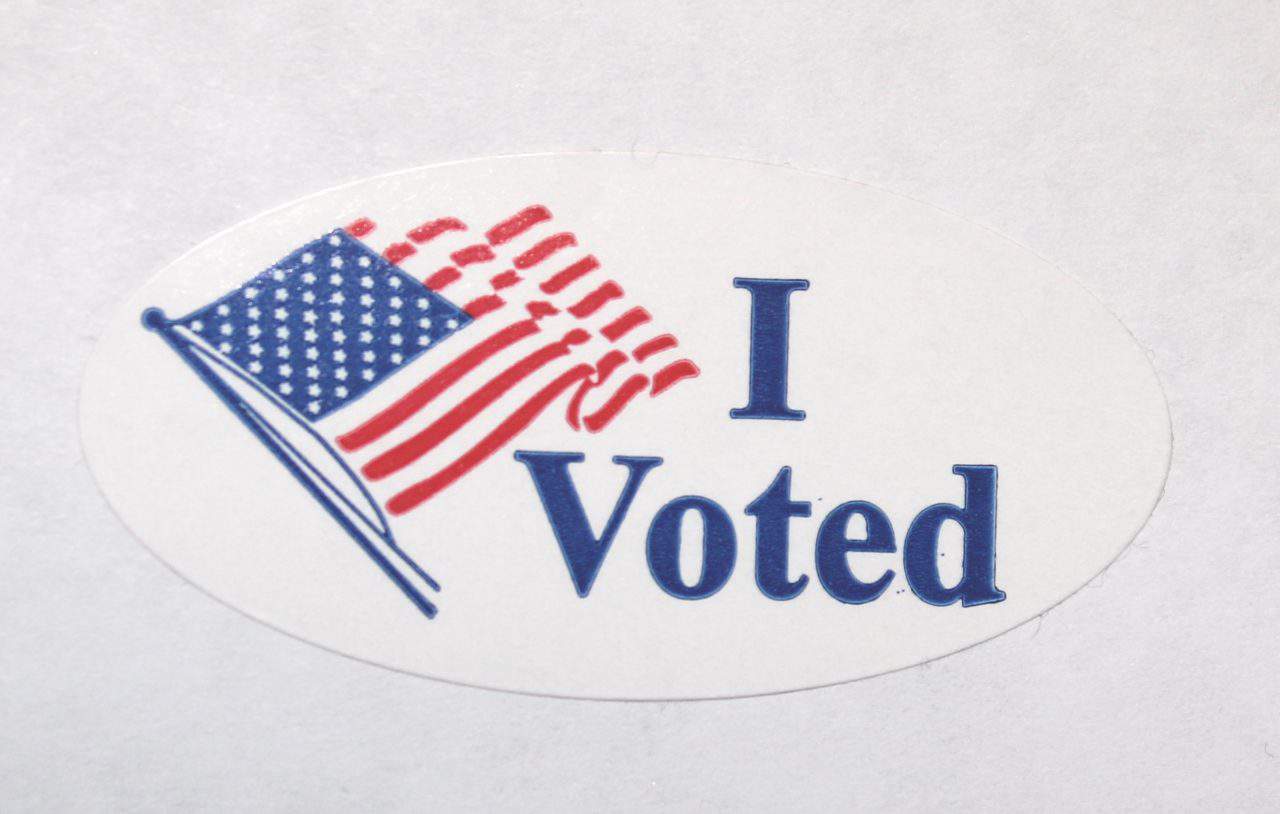By Jim Harrison
Voters overwhelmingly re-elected moderate Republican Phil Scott to a fourth term as Vermont’s Governor. Scott had the largest victory margin of any Vermont Governor since the mid 60s with his 72% to 24% over Democrat Brenda Siegel.
While some may think that was a mandate for his policies, think again. The Democrat controlled Legislature gained enough seats to put them solidly in a super majority position. They are now able to override any gubernatorial veto if they stay together. Independents lost 2 seats while Republicans lost 8 according to unofficial results in the House. The Senate makeup will continue at 23-7 in favor of Democrats/Progressives and the House appears to line up at 109 Democrats/Progressives, 38 Republicans and 3 Independents. To override vetoes, 20 votes are necessary in the Senate and 100 in the House.
To better understand why Republicans lost 8 House seats, there may be simple explanations for at least 5 of the losses. Reapportionment removed two reliably Republican seats (one in Rutland County and another in the Northeast Kingdom). Additionally, due to retirements, there were no Republican candidates that stepped up in 3 northeast districts that traditionally lean R.
There were no surprises in races for Vermont’s Congressional seat (Becca Balint) and U.S. Senate (Peter Welch). Other statewide contests, attorney general, secretary of state, treasurer and auditor, were all won by the Democratic candidate roughly 65% to 35% over the Republican opponent. The lieutenant governorÕs race was a bit closer with former LG David Zuckerman, a Progressive/Democrat, besting Republican Joe Benning 52% to 41%.
Locally, Rutland County elected three Republicans for state Senate (Brian Collamore, Terry Williams and Dave Weeks), while Windsor County elected three Democrats (Alison Clarkson, Dick McCormack and Rebecca White).
The two constitutional amendments, prohibition of slavery and reproductive liberty both passed easily.
What all this means in terms of policy outcomes is unclear at this point. Bills previously vetoed by governor Scott will likely be reintroduced, such as expansion of Act 250, clean heat legislation, paid family leave, decriminalization of certain drug offenses and establishment of safe injection sites.
In addition to a family leave program that will require new revenue, there will likely be a push to expand childcare assistance that could cost over $200 million according to some estimates and continuation of free school meals that was paid for out of an Education Fund surplus for the current year. Extra federal funding received during the pandemic has already been spent or committed, hence new programs could mean new taxes. That might be at odds to Scott’s affordability message and lead to conflicts with the Legislature.
Mail-in balloting proved to be popular with over 60% of all votes cast. The Secretary of State-elect Sarah Copeland-Hanzas, has endorsed an additional reform with her support of ranked-choice voting. It allows voters to rank their choices on the ballot. The bottom candidates are eliminated until one candidate reaches 50%.
As legislative priorities become clearer for the upcoming session, I will share more information and perspective. Regardless of the political party makeup in the new session, my hope is that there is a willingness to compromise by all sides and work together in the best interests of Vermonters.
Vermont’s Minimum Wage will increase to $13.18 on Jan. 1, 2023, in accordance with the state’s CPI calculation.
In closing, I want to thank you for your support by electing me to a new term as state representative for the communities of Chittenden, Killington, Mendon and Pittsfield. I will continue to do my best to represent the district and will resume regular updates on legislative action come January.
Jim Harrison can be reached at: [email protected] or harrisonforvermont.com.




